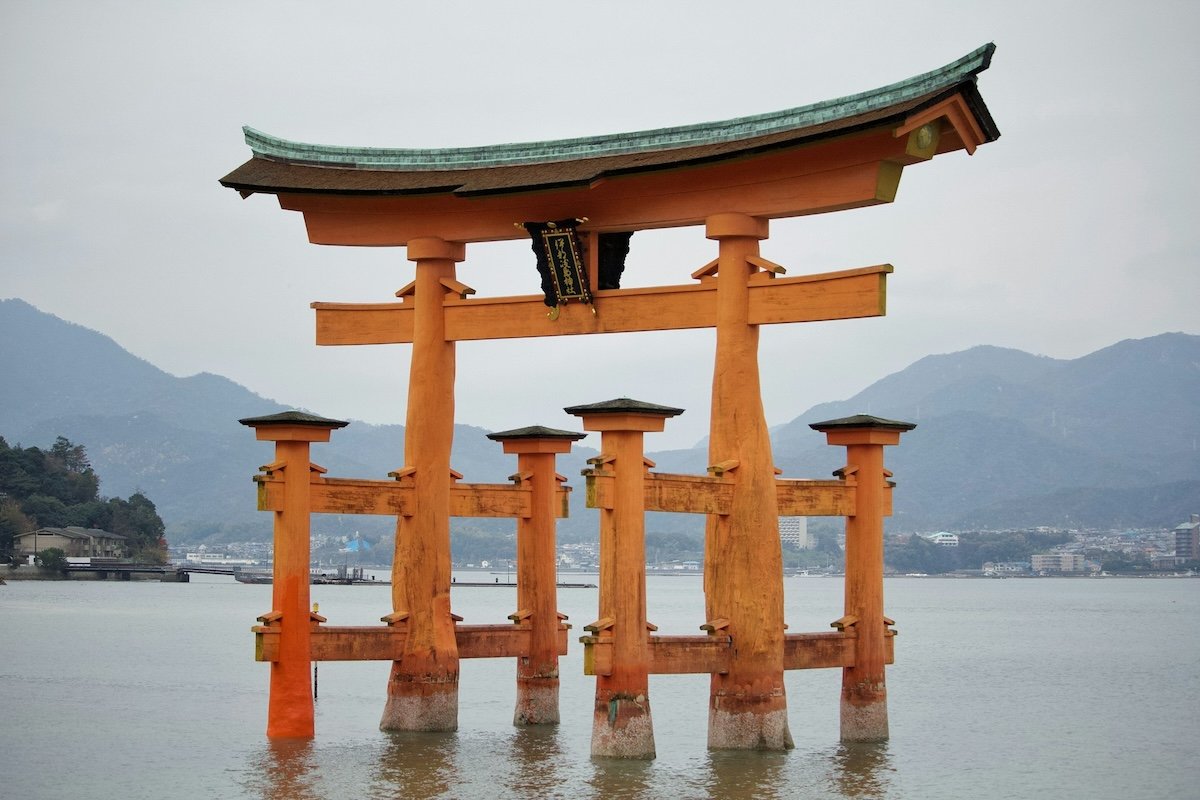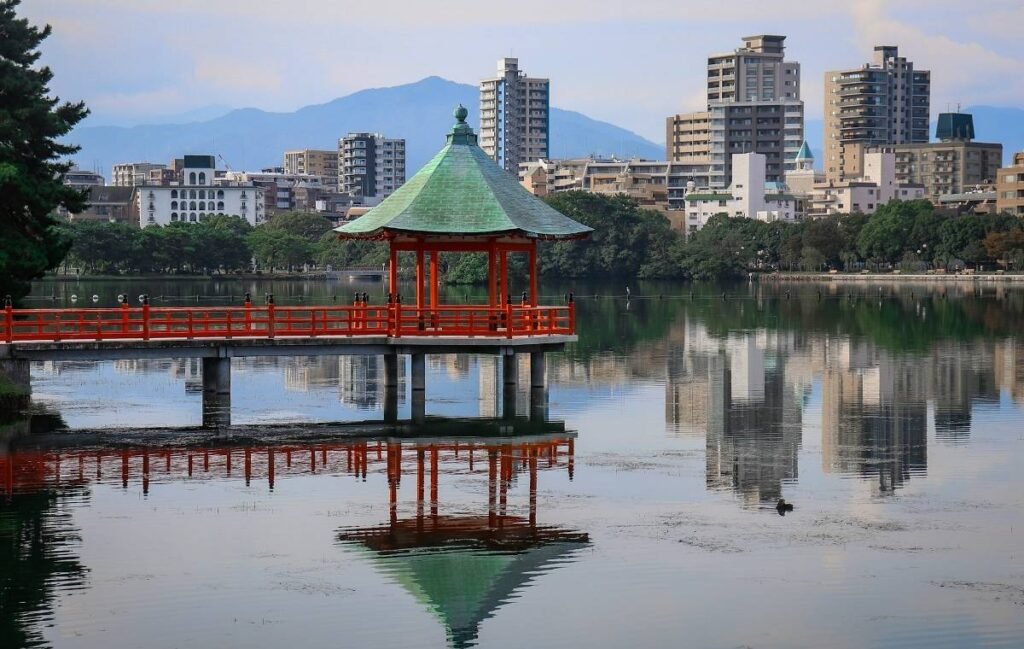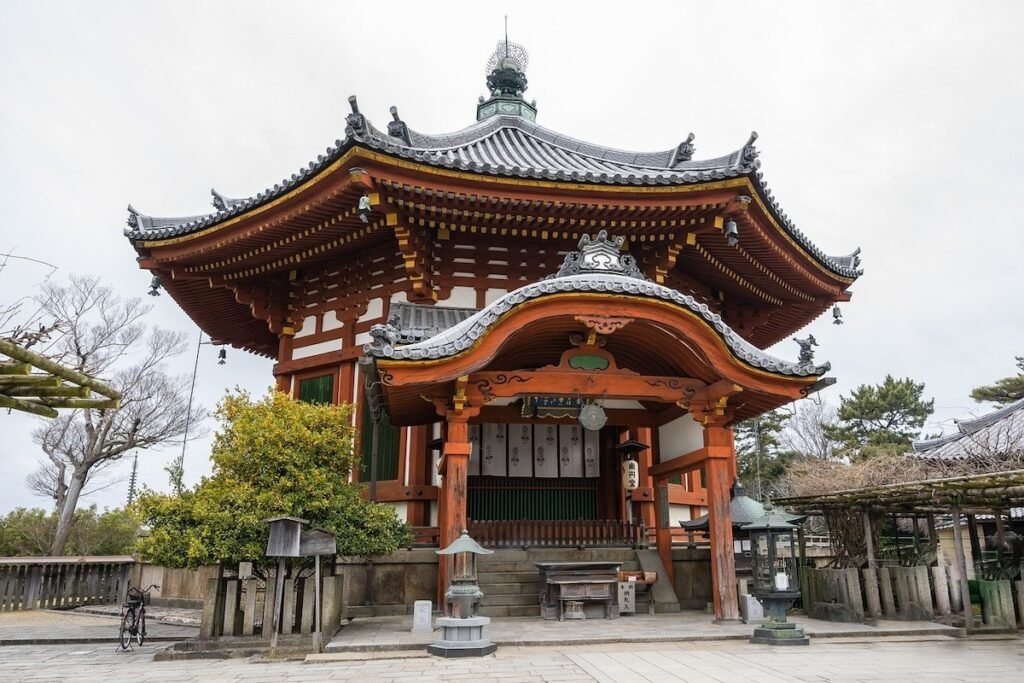
A Complete Guide – Tipping in Japan
A Complete 2026 Guide to Tipping in Japan
As I stepped off the plane in Tokyo during my very first visit, what swept me off my feet was the country’s vibrant energy: the neon lights, the tides of people up and down the streets, and wafting aromas begging to be sampled from the nearby izakayas. But as I settle into my first meal in my favorite trusty old katsudon chain, a question pops into my mind: what’s the deal with tipping in Japan? Well, I’ve learned that it’s vastly different from what we might be used to. In fact, it’s practically non-existent!
Well, after all these years visiting Japan, I’ve learned that the no-tipping custom goes far beyond just restaurants. The same rule is applicable for services, taxis, hotels, bars, personal services, and so on. In this guide, let me walk you through this aspect of Japanese culture. It’s all quite simple!

As a travel enthusiast and photographer from the UK. I have a passion for nature and wildlife, I tend to focus on eco-tourism and sustainable travel but like to cover a wide range of articles. My favourite destination has got to be Malta, I love the food there and the relaxing nightlife of Silema is my happy place!
Affiliate Disclosure: Some of the links on our site are affiliate links, meaning, at no additional cost to you, we may earn a commission if you click through and make a purchase. This helps us to continue providing valuable content and supports our efforts in bringing the travel community together. We only recommend products and services we believe in and think you’ll find useful. Complete details are included in our affiliate disclaimer. Thank you for your support!
In a Hurry? Here's our Key Info for This Article
- Tipping in Japan is generally not expected, and attempts to leave a tip will almost certainly be turned down.
- Service workers in Japan, including private guides, are well-compensated and do not rely on tips for their livelihood.
- Although rare, tipping is acceptable at ryokans (traditional Japanese inns) for exceptional personalized service.
- The best way to tip in Japan is by using clean bills placed in an envelope, handed graciously with both hands.
- Understanding and respecting Japan's tipping etiquette can enhance your travel experience and show appreciation for the country's hospitality culture.
Stay Connected
Things to Do
Essential Apps
Surfshark VPN
Stay safe online and continue accessing all your services just like back home.
Budget Tips
Japanese Tipping Culture in A Nutshell
No tipping required—this is a simple rule that Japan lives by. Tips are not just discouraged; they are even considered rude. I learned it the hard way when I first had my tipping boo-boo and tried to leave one at a restaurant. The waiter chased me down the street to return the money! Talk about embarrassing.
The thing is, in Japanese culture, great service is the rule and not the exception. People really take pride in their work and see exceptional service as a part of not only their job but their life. This isn’t something that needs extra compensation; it’s just hardwired into their culture. The no-tipping policy holds true across the board and it’s a refreshing change of pace, especially if you’re coming from a country where calculating tips has become second nature. But don’t mistake this for a lack of appreciation! Japanese people express gratitude through words and gestures rather than money.
Prices in Japan usually include service charges and consumption tax. So when you see a price listed, that’s exactly what you’ll pay – no mental math required! It’s just one of the many ways Japan makes life easier for both locals and visitors alike.


Understanding The Japanese Tipping Culture
Let’s take a little trip back in time to understand why tipping isn’t a thing at all in Japan. It all started way back in the Edo period, around 1603. Japan had this strict class system, and believe it or not, even the high-and-mighty samurai were often broke. This led to a weird situation where being poor became almost… cool? Well, “honorable” is the word they used. Accepting extra cash? That was a big no-no.
Fast forward to the Meiji era, and this idea morphed into what we now call omotenashi – it’s the concept of Japanese hospitality where people go above and beyond just because they want to and not for extra cash (imagine this!). I’ve seen it everywhere and it’s pretty mind-blowing when you’re not used to it. After World War II, things really solidified. Companies started paying service workers decent wages, so tips weren’t required to make ends meet. As a comparison, look into our full overview of Iceland and it’s tipping culture.
What really amazes me is how this no-tipping thing serves as a near-literal mirror for greater Japanese values. It’s keeping things smooth, respectful, and on an even level. That is essentially the purpose of not leaving a tip: saying “We are all on the same level here.” It’s kind of a mind-bender to get used to in the beginning, but trust me, it makes a lot of sense after some time and you further immerse yourself in the culture. So when you are in Japan and you’re getting amazing service (which is always), just remember that a “thank you” goes way farther than any amount of yen you could offer. That’s just how things roll here.
The Do’s and Don’ts of Tipping in Japan
It’s time to learn the do’s and don’ts about the art of not tipping in Japan. After a few awkward moments and confused looks from the wait staff, I think I’ve mastered how to navigate this tipless wonderland.
| ✅ Do’s | ❌ Don’ts |
|---|---|
| Express genuine gratitude with a warm arigatou gozaimasu (thank you) and a slight bow. | Leave money on the table or try to hand cash directly to staff. |
| Compliment exceptional service to the staff or management. | Insist on tipping after being politely refused. |
| Consider buying a small gift for tour guides or ryokan hosts for extended stays. | Tip in scenarios where it’s not typically done in your home country (like at convenience stores). |
| Round up your taxi fare to the nearest 100 yen (it’s not a tip, but a convenience gesture). | Feel guilty about not tipping – remember, it’s not expected or desired. |
Exceptions to The Rule
While the general consensus is “no tipping”, there are a few rare situations where tipping (or something like it) is not entirely out of the question. Think of these as the unicorns of Japanese tipping culture.
- Upscale Western-style hotels often play host to international visitors and may take on a more international approach to service—and that can include tipping.
- If you’re lucky enough to catch a geisha performance or stay in a posh ryokan, you may come across something referred to as “kokorozuke.” Not quite a tip but it’s a kind of gratitude money placed in an envelope. You generally know it’s expected because you’ll be informed at the time you make your booking.
- Some tour guides, especially those catering to foreign tourists, might accept tips. Instead of cash, consider bringing a small gift from your home country.
- In very rare cases, you might encounter staff who’ve worked overseas and are familiar with tipping culture. They might accept a tip, but don’t count on it.
How Much Do I Need To Tip?
The amount you need to tip is precisely zero yen in almost every situation in Japan. But let’s say you find yourself in one of those rare scenarios where tipping is actually okay. The golden rule here is: think small. We’re talking tiny gestures that would barely register as a tip back home. In Japan, these little nods of appreciation can go a long way. It’s like the opposite of “go big or go home” – here, it’s all about going small and hitting the mark.
What counts in Japan isn’t anything numerical, but the sentiment: a sincere thank you, a small gift from your country, or even just a warm smile can be much more meaningful. I’ve seen staff light up over the tiniest gestures of appreciation. It’s like they’ve got a sixth sense for detecting genuine gratitude, and that’s worth its weight in gold (or yen).
Remember, in a culture where exceptional service is the standard, your enthusiasm and respect for their work will speak volumes. Instead of reaching for your wallet, practice your best arigatou gozaimasu and a heartfelt smile. Trust me; that is the biggest tip you can give here.
When budgeting for your travels, tipping is not the only thing that should be taken into account. Something else that may skip you mind, is budgeting for travel insurance. Insurance like Safetywing will keep you covered with good packages.
Conclusion
As we wrap up, take a moment to appreciate the beautiful simplicity of this culture. No mental math, no awkward fumbling, and absolutely no guilt over tips. Just you getting top-notch service in every turn! When in Japan, keep your wallet tucked away and just have your gratitude on full display. It is not being a cheapskate; it’s respecting a culture that holds pride in work and equality in service above everything!
So go ahead, explore, and enjoy Japan to the bone. Be a respectful participant in a culture that does things a little differently. And who knows? You might just return home with not only amazing memories but also a fresh perspective on the real meaning of service and appreciation. May it inspire you to reach the same standards as well, I know I did! Safe travels, and remember: in Japan, no tip is the best tip!
Japan Tipping Culture: What You Need to Know FAQ
Tipping is not common in Japan because they believe amazing service is part of the job. Workers get fair pay and are proud to do their best without needing extra money
You’ll find that tipping is not the usual thing all over Japan. Most of the time, you pay directly without tipping.
There are a couple of times when tipping could be okay. It’s starting to become more accepted to give little trinkets to private guides and interpreters for great service. Also, in traditional inns called ryokans, tipping for extraordinary service might be fine.
If you’re thinking of tipping in Japan, do it carefully and politely. Put your tip in an envelope and give it with both hands. This shows respect and is the right way to do it in Japan. Another country to look into for comparison is Cambodia’s tipping culture.
Instead of tipping, try saying thank you in person. It’s very well-received and shows that you appreciated their work. This is a great way to respect Japanese culture while showing thanks.












